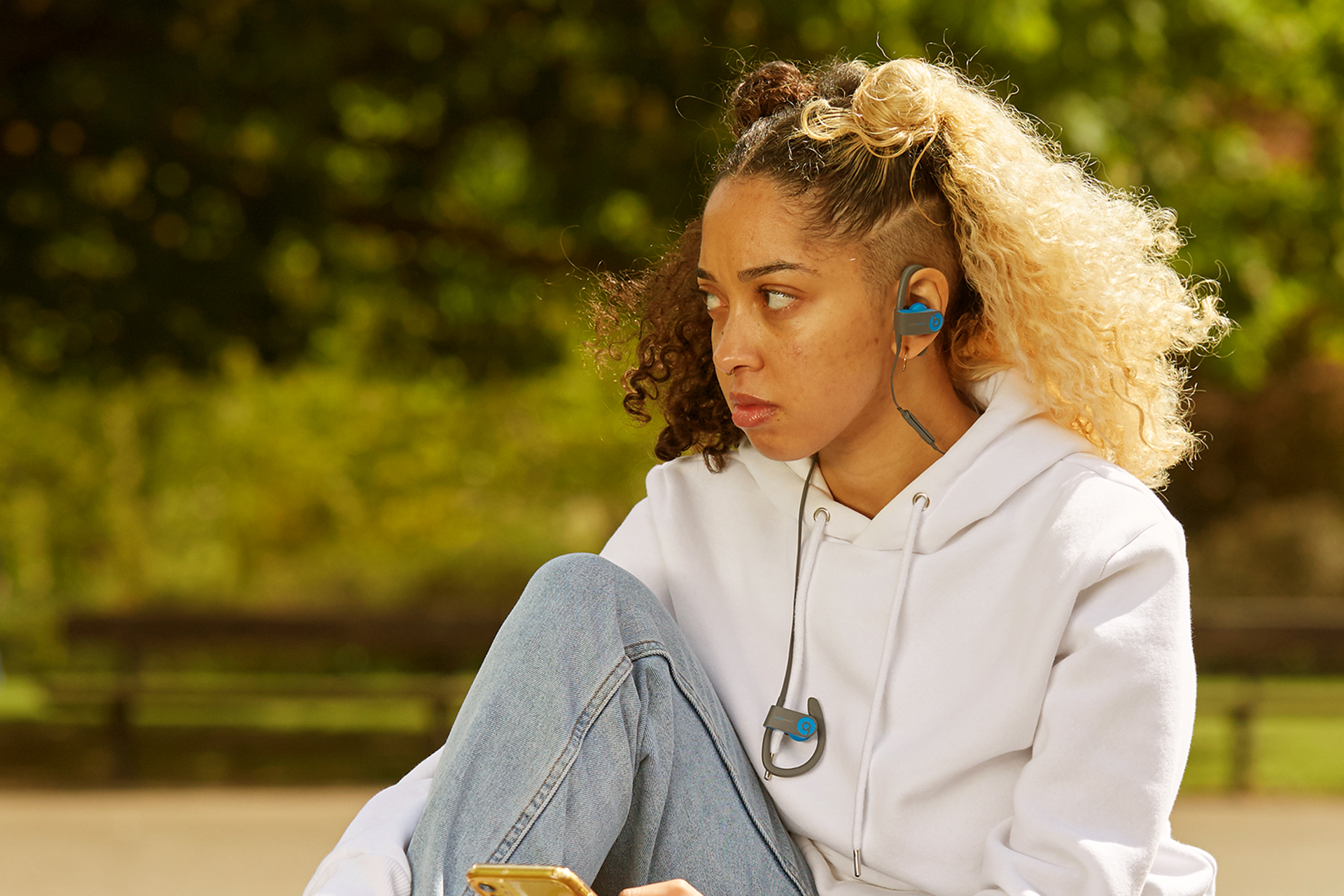
- For:
- Schools
Samantha, a primary school teacher from Bury, shares how her school adapted during lockdown, what helped them to support their students and what lessons they learnt.
As a result of the Covid-19 pandemic, schools had to adapt to a great deal of change in a very short space of time. School staff had to be flexible amid a lot of uncertainty, and it was an incredibly challenging time, both professionally and personally.
But in an effort to overcome the obstacles thrown up by the pandemic, many schools found new ways of doing things that have worked for them.
Here, one primary school teacher shares the lessons her and her school learnt in lockdown, and explains how their learnings informed their approach to the new academic year.
This story was written at the end of the school year 2020-2021.
As we reflect on another school year blighted by the pandemic, we as a school staff have been asking ourselves what were the real lessons learnt in lockdown?
Many school leaders have called it the “Covid catalyst” – changes that were made because there was no choice but that in the long run will benefit schools and pupils.
School life will never be the same again – but will it change for the better? And can we build on the enforced changes that Covid brought?
School life will never be the same again – but will it change for the better? And can we build on the enforced changes that Covid brought?
Calm spaces, sensory gardens and a nurture room were already on our school agenda pre-Covid but as a result of the first national lockdown were further developed. Staff have more time to help prepare these areas and smaller numbers of children at school meant that small group projects could be completed. Working in mixed age groups with the key worker children meant that some wonderful new friendships developed and, as a school, we are hoping to sustain this. Once we are able to mix class bubbles, we will hold more school events in House groups meaning children get to work with schoolmates from Reception to Year 6.
On our return to full school attendance in September 2020, staggered start times, lunchtimes and end to school days meant it has been much calmer around school. All staff have reported fewer incidents during break and lunch times and there have definitely been benefits from this.
Enhanced hygiene has also proven beneficial with fewer children off with sniffles and colds as they are more aware of slogans such as “Catch it, bin it.”
Once we are able to mix class bubbles, we will hold more school events in House groups meaning children get to work with schoolmates from Reception to Year 6.
Another positive change is the way in which we communicate with parents.
As a school we have always tried to keep our parents up to date with letters and notices as well as the school website. However, we know that not all parents felt as informed as they would have liked and, like most of the population, lockdown has taught us all new skills. Parents and teachers have felt the benefit of this. Google Classroom was used to communicate with parents, staff and children and proved to be popular. We have continued to set homework in this way so that children and adults do not forget those skills.
While the blended learning doubled the workload for a while, it also enabled us to continue educating children at a distance. Zoom assemblies, talent shows and class meetings meant that we all still felt part of the school community.
Senior leaders at school noticed the willingness of staff to step up and become involved in any way they could. Teachers and Teaching Assistants were busily upskilling their CPD during the first lockdown.
We have always had a good relationship with our parents but this has definitely grown stronger throughout the pandemic. We were in it together!
Headteacher Dave Bradshaw explained, "Our focus has always been on the wellbeing of our staff and children and lockdown really made us focus on this further. Staff contacted children and their families regularly as well as making welfare calls, delivering lunches and offering food parcels to those in need.
"We have always had a good relationship with our parents but this has definitely grown stronger throughout the pandemic. We were in it together!"
May 2020 and 2021 saw no SATs or phonics screening at primary schools. Ofsted visits were postponed. Educationalists across the country have been asking whether the loss of that enforced exoskeleton affected how the schools functioned?
Our mental health team met with heads from other local schools to discuss this. Some headteachers said they felt liberated from the curriculum and felt that the Recovery Curriculum, which was taught when all children returned to school in September 2020, met children’s needs better; but others felt that they were still being judged on out-of-date SATs results and data with no way of changing this.
So as another academic year begins, we face the decisions about what this next year will look like at our school. What changes will stay? What lessons has your school learnt during lockdown?
Author: Sam Myers, Class Teacher at Holcombe Brook Primary School, Bury
Whether you love the page or think something is missing, we appreciate your feedback. It all helps us to support more young people with their mental health.
Please be aware that this form isn’t a mental health support service. If you or a young person you work with is in crisis right now and wants to talk to someone urgently, find out who to contact on our urgent help page.
At YoungMinds we take your privacy seriously. If you’d like to read more about how we keep the information we collect safe, take a look at our privacy policy.